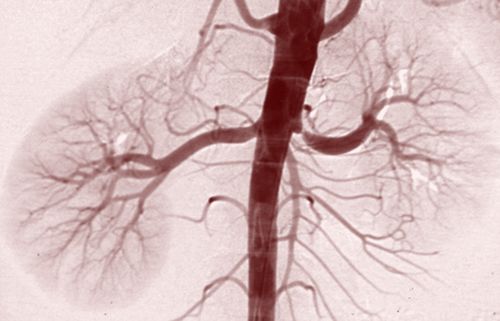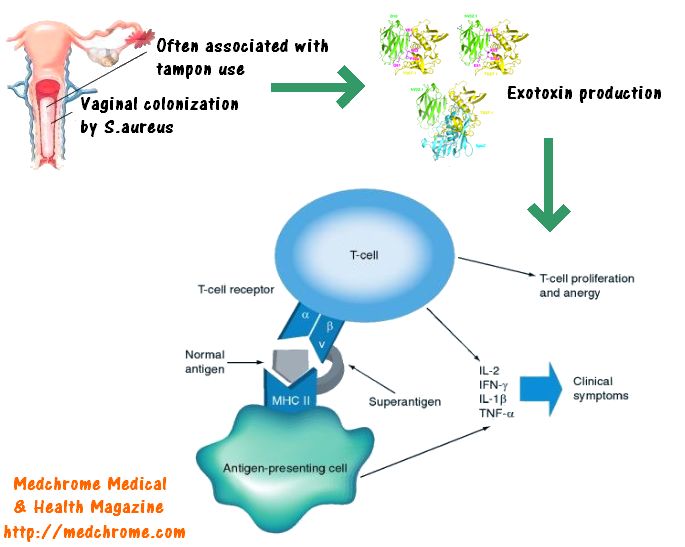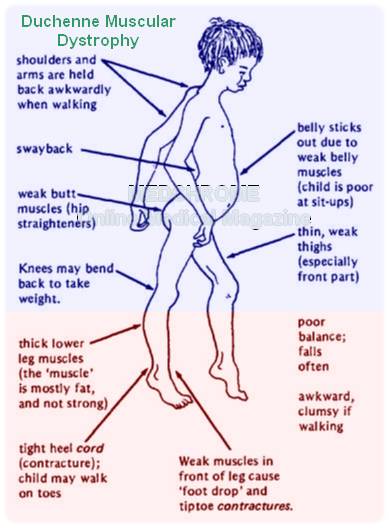Complications of Blood transfusion and their management

A. Transfusion Reactions:
May be allergic or hemolytic
1. Hemolytic reactions: can be acute or delayed
Acute Hemolytic reactions:
- It is usely due to ABO incompatibility, there is intravascular hemolysis
- As low as 10 ml of blood can produce hemolytic reactions
- Clinically, patients presents with complains of pain and burning in vein and fever with chills and rigor, nausea and vomiting, flushing, chest and flank pain and dyspnea.
- It is confirmed by hemoglobinuria
- ARF can occur due to blockage of tubules
Management:
- Stop infusion
- Recheck the blood details
- Maintain urine output by mannitol and fruit administration
- Alkalinize urine
- Hemodialysis
Delayed Hemolytic Reactions:
- Are extravascular hemolytic reactions
- Mainly due to Rh system and other system incompatibility eg. Kell Duffy
- These reactions are mild and seen after 21 days
- Diagnosed by Coomb’s test
- Treatment is supportive
2. Allergic reaction:
- These are mainly mild, seen as urticaria and are mainly due to plasma proteins
- Treatment is antihistaminics and steroids
- If anaphylaxis occurs, stop transfusion
- Adrenaline and steroids
B. Febrile Reactions:
Due to infusion of white cell microaggregates
Can be minimized by using microfilter blood sets with pore size 20-40 micrometer
Generally require no treatment
C. Infectious Complications:
- Hepatitis: 90% are due to hepatitis C virus
- HIV/AIDS
- Other viral diseases like CMV, EBV, HTLV-1, HTLV-2, parvovirus
- Bacterial infections like Pseudomonas, Staphylococcus, Syphillis, Brucellosis, Salmonella, Yirsenia and rickettsial disease
- Parasitic infections like malaria, toxoplasmosis, filariasis, trypanosomiasis, Creuz-Jackobs Disease (prion)
D. Fluid Overloading and Pulmonary Edema
E. Metabolic Complications:
- Hyperkalemia
- Hypocalcemia
- Acid-base abnormalities
F. Coagulation abnormailities:
Occurs due to dilution of coagulation factors and platelets
Treatment is fresh blood
Fresh frozen Plasma
Specific blood components therapy
Platelets





